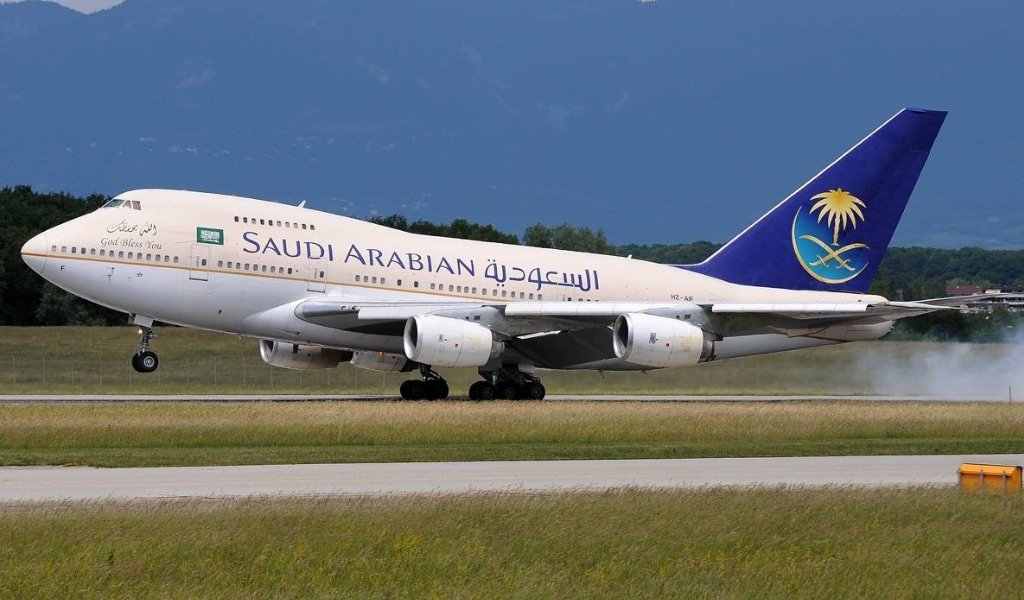Saudi Arabia’s aviation sector is witnessing remarkable growth, significantly contributing to the national economy. The “State of Aviation in the Kingdom of Saudi Arabia – 2024” report highlights that in 2023, the aviation industry supported nearly 958,000 jobs across the country, with Makkah, Riyadh, and Eastern Province accounting for about 87% of the sector’s economic impact. To sustain this momentum, attracting and retaining top-tier talent is critical. This blog explores the Saudi aviation talent landscape, the challenges it faces, and strategies to address them.
The Saudi Aviation Talent Landscape
Saudi Arabia’s aviation industry is grappling with a complex talent environment, marked by a shortage of skilled professionals in critical roles such as pilots, air traffic controllers, and aircraft maintenance technicians. This challenge is exacerbated by stiff competition not just within the aviation sector, but also from other rapidly growing industries in the Kingdom.
Key Challenges Facing the Saudi Aviation Industry
- Aviation Talent Gap The rapid expansion of Saudi Arabia’s aviation sector has created an urgent need for skilled professionals. Airlines, airports, and maintenance facilities are experiencing shortages in vital roles, threatening the industry’s growth trajectory.
- Pilot and Cabin Crew Shortage The sector is facing a significant shortage of pilots and qualified cabin crew, which is critical for ensuring seamless operations and delivering exceptional passenger experiences. Retaining talent in these roles is vital for the industry’s sustainability.
- Maintenance Workforce Shortage With an expanding fleet of aircraft, the demand for skilled aviation engineers and technicians has surged. A well-trained maintenance workforce is essential to guarantee aircraft safety through effective maintenance, repair, and overhaul (MRO) services.
- Staffing Challenges in Airport Operations As Saudi Arabia develops world-class airports, there is a pressing need for a skilled workforce across various departments, including air traffic control, airport management, and passenger services.
- Intense Competition for Aviation Talent The competition for talent in Saudi Arabia is intensifying due to the economic diversification efforts under Vision 2030. Industries such as technology, renewable energy, and tourism are aggressively competing with aviation for skilled professionals, offering attractive compensation packages, career growth, and leadership opportunities. This competition makes it challenging for the aviation sector to attract and retain the best talent.
Strategies to Overcome Aviation Talent Challenges in Saudi Arabia
- Collaboration with Educational Institutions Building partnerships with universities, aviation academies, and vocational training centers is crucial to creating a sustainable talent pipeline. These collaborations can help companies identify promising talent early and attract them to the aviation industry.
- Internship and Apprenticeship Programs Offering internships and apprenticeships provides students with hands-on experience and helps them develop industry-specific skills. For companies, these programs are an excellent way to identify and nurture young talent who are eager to learn and grow, while also enhancing their brand image among young professionals.
Benefits for Companies:
- Identify and attract top talent early
- Develop a pipeline of qualified candidates
- Evaluate potential employees before hiring
- Increase brand awareness among young professionals
- Stay updated on industry trends
Benefits for Students:
- Gain practical experience
- Develop industry-relevant skills
- Explore different career paths in aviation
- Build professional networks
- Gain a competitive edge in the job market
- Joint Research Initiatives Partnering with educational institutions for research projects helps companies stay informed about the latest trends and developments in the aviation industry, while also ensuring that academic curricula are aligned with industry needs.
- Curriculum Development Collaborating on curriculum development initiatives can ensure that academic programs equip students with the skills and knowledge required to succeed in the aviation industry, producing graduates who are ready to meet the demands of the job market.
- Talent Sponsorship Programs Sponsoring students pursuing aviation careers can help companies attract and retain top talent by offering financial assistance and fostering long-term loyalty.
Benefits of Partnering with Educational Institutions:
- Develop a sustainable talent pipeline
- Attract top talent
- Stay informed about industry trends
- Enhance the quality of educational programs
- Contribute to community development.
Conclusion
Saudi Arabia’s aviation industry is set for continued growth, driven by the government’s Vision 2030 and increasing air travel demand. However, talent shortages present significant challenges. To overcome these, the industry must prioritize talent acquisition and development. Investing in training programs, offering competitive compensation, and fostering a positive work culture are essential strategies. Additionally, collaboration among industry stakeholders, educational institutions, and government agencies is key to creating a sustainable talent pipeline. By aligning recruitment and retention strategies with the aspirations of potential employees, companies can ensure they attract and retain the best talent.
Need Help Attracting and Retaining Top Talent in Saudi Aviation?
TASC is here to support you! As a leading recruitment outsourcing agency in the Middle East with over 16 years of experience, we offer a full suite of services to help your business thrive. Contact us today to discover how our expert recruitment solutions can assist you in attracting and retaining top talent in Saudi Arabia’s aviation industry.


